The plethora of distinct mobile device models on the market, driven largely by the popularity of Google's Android platform, is making it more difficult for independent software developers to reach a wide audience, new research confirms.
In a post to the official Flurry Blog, Dr. Mary Ellen Gordon, PhD, used stats from the mobile analytics firm to show how difficult it can be for developers to offer compatibility. Based on the data, if a developer wanted to have their application available to 80 percent of the smartphone market, the software would need to be compatible with 156 different device models.
Of course this issue, known as "fragmentation," is largely driven by Google's Android platform, a mobile operating system that appears on a number of devices from a variety of hardware makers, many of which lock their handsets and prevent users from upgrading to the latest version. And some companies, such as Amazon, have forked the Android open-source platform to make their own unique operating system, further complicating matter.
Because of this, Gordon said indie developers may be becoming an "endangered species," and she suggested the market for app development could be "ripe for consolidation."
"We expect a future in which app developers are less frequently individuals with a creative idea and a laptop, and more frequently companies designed to develop, produce and distribute apps at scale," Gordon said.
Flurry's data shows that the greatest chance of success for independent developers will likely come from Apple's iOS platform, which allows applications to reach the widest range of users while developing for a relatively small number of hardware variations.
In addition, iOS users average more app sessions per active device than devices running competing platforms, like Android, BlackBerry or Windows Phone.
"This further clarifies why developer support for iOS is disproportionate to iOS's share of the installed device space," Gordon said. "Developers can reach more active devices by developing for a smaller number of device models on iOS and they can also capture the attention of very active users."
Apple's lead among active app use also remains when the data is broken down based on device manufacturers. In this measurement, Amazon device users come in a a close second in terms of application use, while Samsung takes third.
As handset makers are expanding their product lines to provide customers with more options, Gordon expects that it will only become more difficult for developers to optimize, test and support their applications.
"And yet doing exactly that is likely to be increasingly important for app developers, given the market for apps is also becoming more crowded and competitive, making negative user experiences more damaging," she said.
 Neil Hughes
Neil Hughes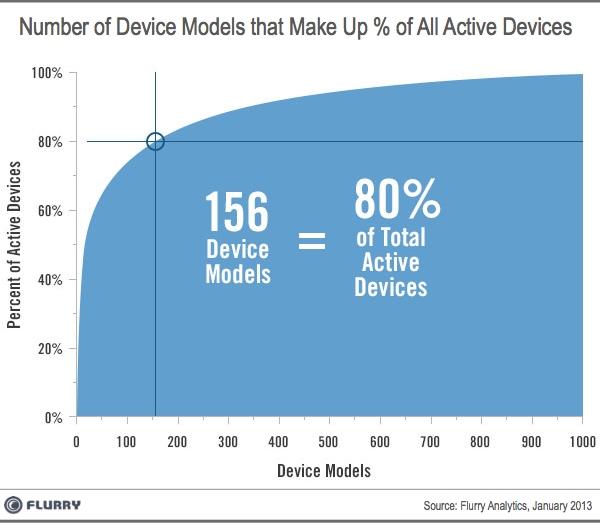
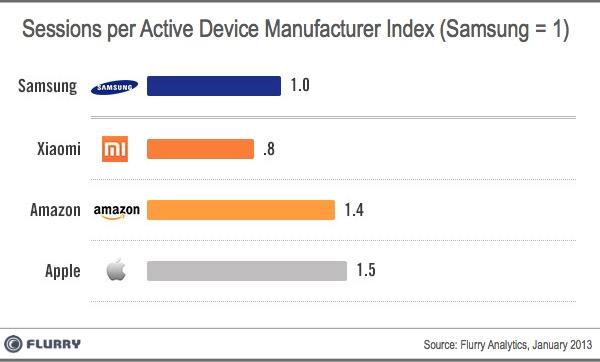

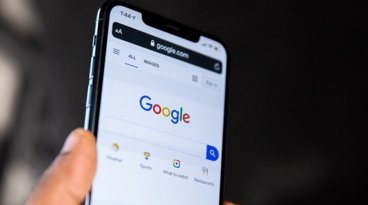



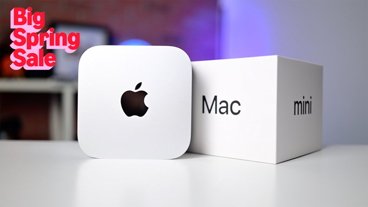
-m.jpg)





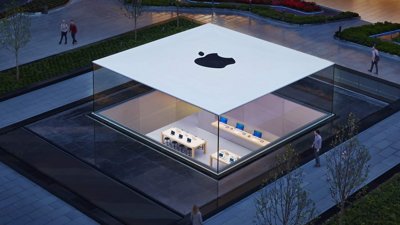
 William Gallagher
William Gallagher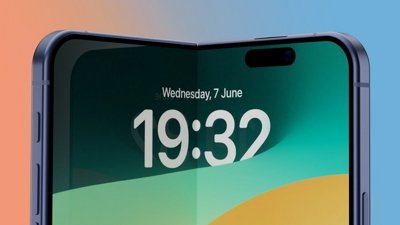
 Malcolm Owen
Malcolm Owen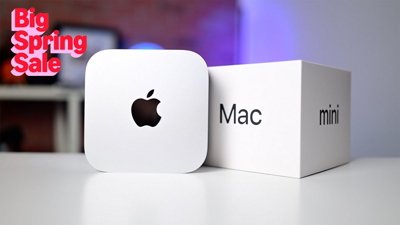
 Christine McKee
Christine McKee
 Wesley Hilliard
Wesley Hilliard
 Thomas Sibilly
Thomas Sibilly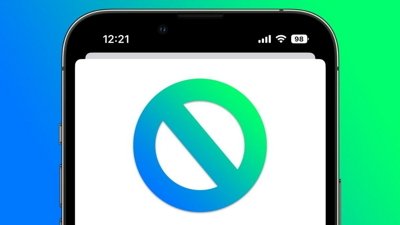
 Marko Zivkovic
Marko Zivkovic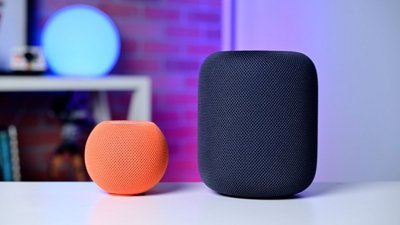
 Andrew O'Hara
Andrew O'Hara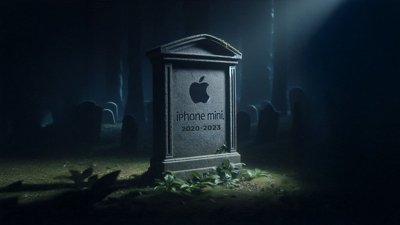
 Amber Neely
Amber Neely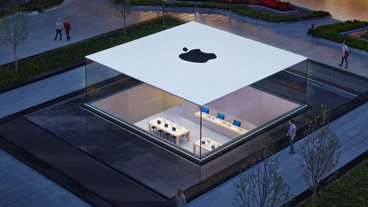
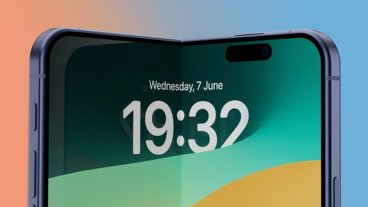






74 Comments
This is one huge reason why Android is not being accepted into mainstream businesses. Restaurants, Airlines, Government, Corporate, etc... almost all using iOS. Why? It's consistent. I'm sure the Android fanboys will once again go into denial and say the tired "Well, at least Android is 'open'" nonsense. Android is a huge, fragmented mess.
An article about app development, written by a major in Political Science. That makes sense.
In reality, there's only a handful of major display sizes and device types to target.
Same as with iOS, most Android apps work with even a fairly old OS version, since the APIs most apps need were already in there years ago.
Click bait.
I always get confused by people worried about fragmentation. For the love of God, Mac and PC developers have long dealt with variety of hardware configurations and display resolutions.
[quote name="KDarling" url="/t/156316/android-fragmentation-predicted-to-squeeze-out-independent-developers#post_2288323"]An article about app development, written by a major in Political Science. That makes sense. In reality, there's only a handful of major display sizes and device types to target. Same as with iOS, most Android apps work with even a fairly old OS version, since the APIs most apps need were already in there years ago. Click bait. [/quote] There have been quite a few major developers who have made the same charges. There are a multitude of screen resolutions and new sizes every two months. That's just the ones getting pushed. If the new apps will work anyway why update the OS? Are you saying that none of features implemented in the last two and a half years should be used in the apps?
Android tablets fragmentation is even sadder, there is no standard for resolution, dimension and aspect ratio.